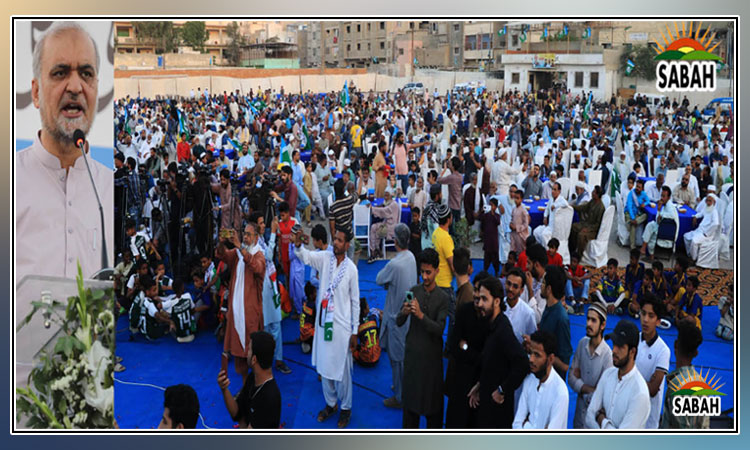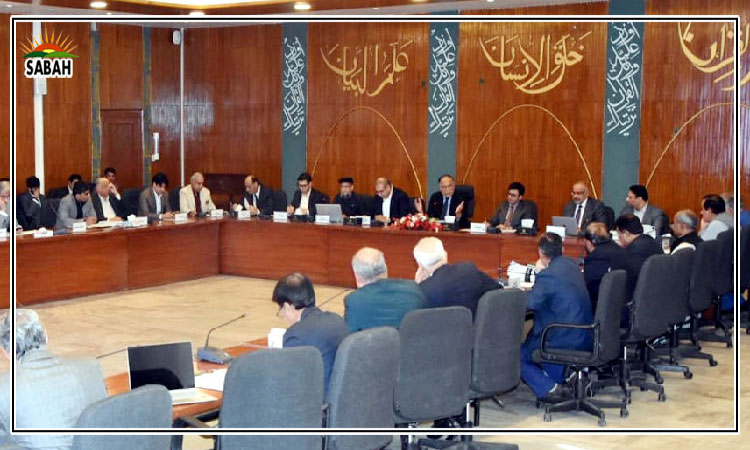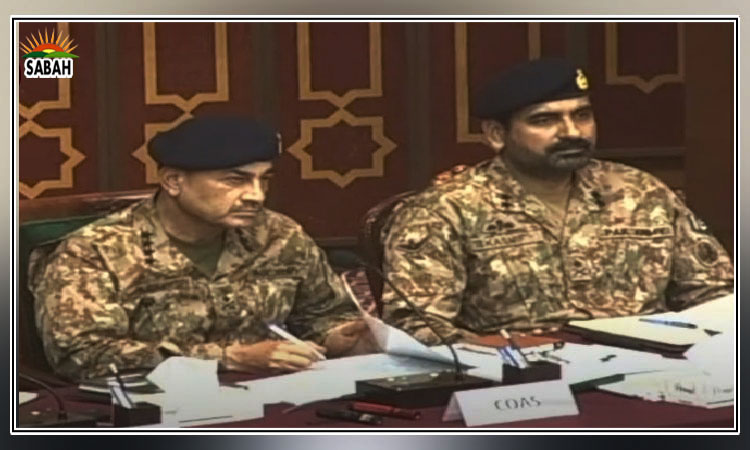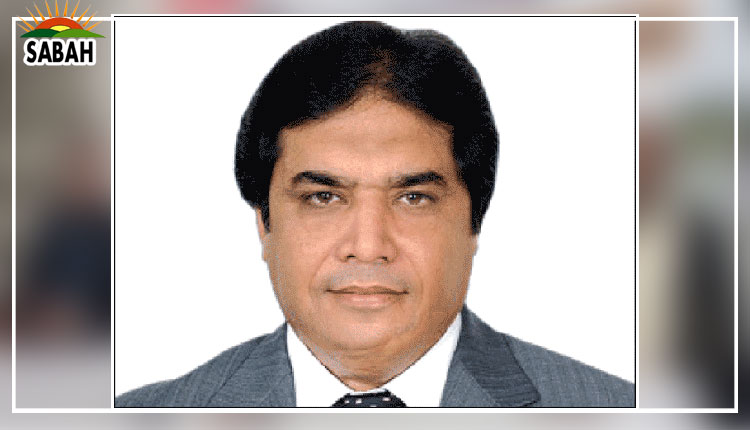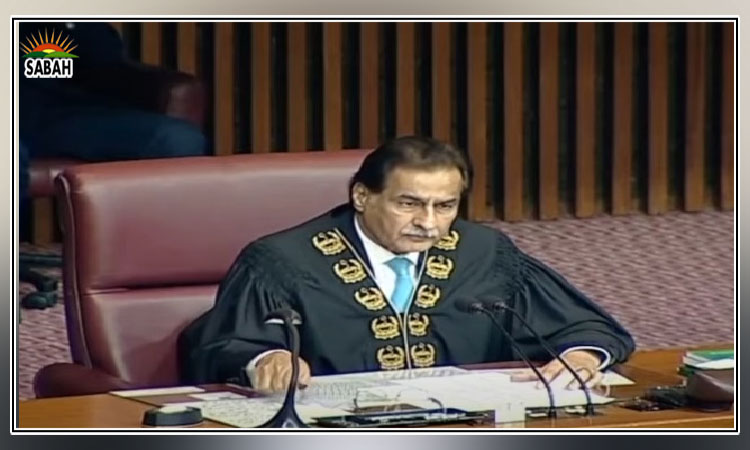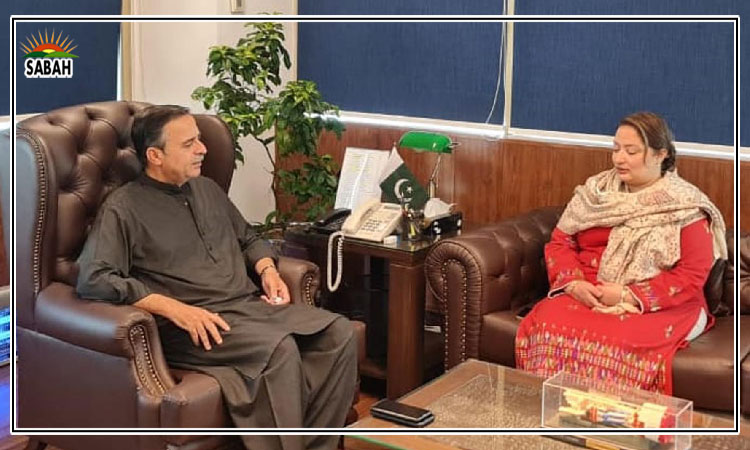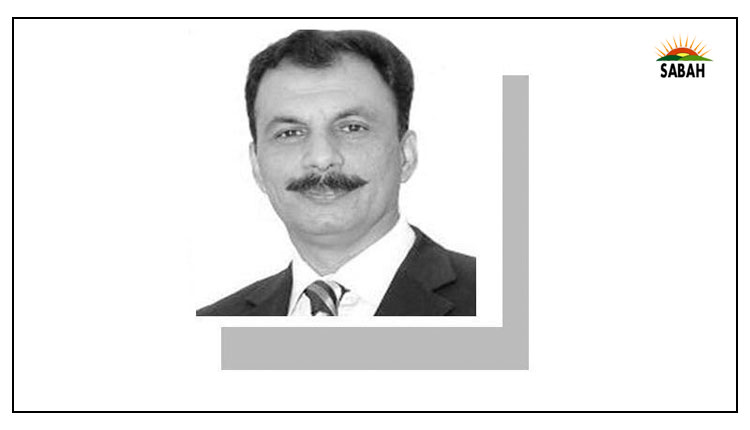Claiming attacks….Mohammad Ali Babakhel
TERRORISM is aimed not only at inflicting damage, but also gaining attention. After every incident, ordinary citizens, the media and investigators look for someone to hold responsible. By claiming responsibility, groups want people to know who they are, what their objectives are, their grievances, and the cost of ignoring them. Claimed attacks also signify that groups do not fear retaliatory raids, which may be an indicator of weaknesses in counterterrorism (CT) efforts.
Claiming responsibility may also be a bid to influence the direction of an investigation and increase feelings of insecurity. Terrorism cannot survive without a persistently fearful environment. Claims are also made to glorify those who have carried out acts of terrorism, which can help attract and motivate new recruits. Responsibility claims may also influence the minds of financiers, sympathisers and facilitators.
It is true that some acts of terrorism remain anonymous. Groups involved in anonymous attacks are usually disinterested in gaining grassroots support for their mission, or their struggle is closed to political compromise. A claim of responsibility puts security agencies under public pressure to carry out kinetic operations against terrorist groups, which may result in killings and arrests of militants. Thats why such groups always weigh their options before making such claims.
The self-styled Islamic State changed the dynamics of taking credit for acts of terrorism. For attacks in Western countries, IS opted for a hasty approach. However, it was more cautious while claiming responsibility for attacks conducted in Saudi Arabia and Turkiye. This variation was largely influenced by the strategic goals pursued by IS towards different countries and regions.
The impact of terrorism claims depends on media freedom levels.
IS often used Amaq, a news outlet, as the first point of dissemination of information. Amaq News became its official news agency, disseminating propaganda in the form of text and video through an encrypted mobile Android app Nashir. The app came to be regarded as the direct voice of IS.
Executing a successful terrorist incident in the modern era is not possible without the internet. The platform is used extensively for coordination, recruitment, training, financing, propaganda, incitement and to claim responsibility. Militants have been using the internet for the dissemination of propaganda through virtual messages, magazines, audio and video files, and video games. Globally, the internet is also used to collect funds and as an alternative training ground for future terrorists. In virtual training camps, issues like how to join terrorist organisations and how to make explosives and suicide jackets are discussed. Almost every terrorism case prosecuted these days involves the use of the internet, as planning acts of terrorism usually involves remote communication among different people.
Mainstream media not only reports terrorism, it also interprets issues related to terrorism. It is attracted by extreme acts not only because it is its duty to report, but also because acts of terrorism invite attention. Terrorists have been using this to their advantage: when the media covers victims and their sufferings, terrorists get maximum attention.
The impact of claims is primarily dependent on media freedoms in a country. Where the media is state-controlled, terrorist groups have limited scope. In controlled societies, freedom is narrowly interpreted; hence, it is easier to deal with such issues. Democratic societies believe that the fight against terrorism should not be used as an excuse by states to restrict the freedom of the press. Militant groups there take advantage of the free press. Though coverage of such issues may be detrimental to public and state interests, the media has to perform its functions and mobilise public opinion by informing the public about terrorist acts, threats and responses by the state.
Before the implementation of the National Action Plan, it had been a norm for groups to stake a claim on an attack through the media. However, point 11 of NAP banned the glorification of terrorists and terrorist organisations through print and electronic media.
Though Pakistan has been confronted with the menace of terrorism for the last four decades, there has been no organised effort to evaluate the claims of responsibility made by militant groups. Since terrorism negatively impacts different spheres of life, its implications on public policy need to be reviewed and policymakers should use claims of responsibility as a baseline for CT strategies. It will also enable us to feel societys pulse regarding the acceptance of violence as a societal norm.
The writer is author of Pakistan: In Between Extremism and Peace.
Courtesy Dawn, June 17th, 2023


